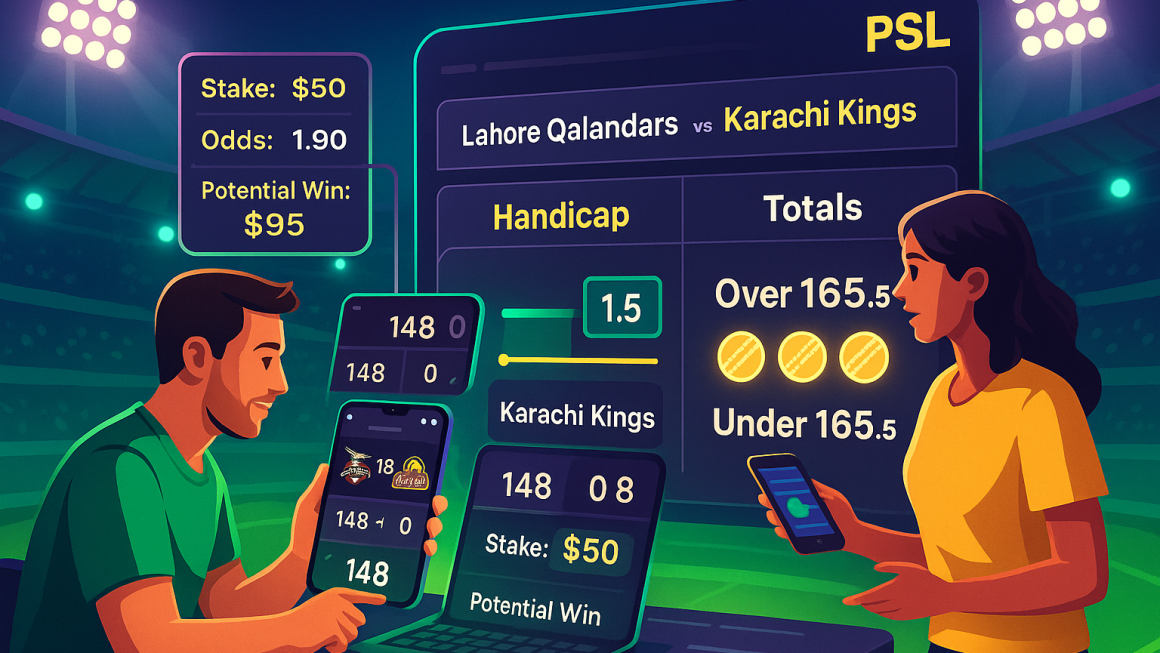The intersection of sports tourism and local Asian betting industries has emerged as a significant economic driver in many destinations worldwide. This dynamic relationship creates a symbiotic ecosystem where major sporting events attract tourists who not only attend games but also engage in betting activities, contributing to local economies in unprecedented ways. The phenomenon has gained particular momentum in recent years, with destinations like Las Vegas, Monaco, and Singapore leading the way in combining sports entertainment with betting opportunities. Traditional sports tourism has evolved beyond merely watching events, transforming into an immersive experience where visitors can participate in various betting activities, from traditional sportsbooks to modern mobile betting platforms. This transformation has sparked interest from both tourism boards and betting operators, leading to strategic partnerships and innovative approaches to capitalize on this growing market segment.
Understanding the Relationship Between Sports Tourism and Betting Markets
The connection between sports tourism and betting markets represents a complex and multifaceted relationship that continues to evolve with changing consumer preferences and technological advances. This relationship extends far beyond simple transaction-based interactions, encompassing various aspects of tourist behavior, local economic development, and regulatory considerations.
Market Dynamics and Tourist Behavior
In the context of sports tourism, betting behavior differs significantly from local betting patterns. Tourists often display more adventurous betting tendencies, willing to place larger wagers and explore different betting options. This phenomenon can be attributed to the “vacation mindset,” where individuals are more prone to experimental behavior and increased spending.
Regulatory Framework and Compliance
Tourism-focused betting operations must navigate complex regulatory environments that often vary between jurisdictions. This challenge becomes particularly evident in regions where international tourists comprise a significant portion of the betting market. Operators must maintain strict compliance while ensuring accessible services for visitors.
Economic Integration and Local Impact
The integration of betting services into sports tourism creates substantial economic opportunities for local communities. From employment generation to increased tax revenue, the benefits extend throughout the local economy. Hotels, restaurants, and other tourism-related businesses often experience increased patronage during major sporting events that feature betting opportunities.
Economic Benefits of Sports Tourism for Local Betting Operations
The convergence of sports tourism and local betting operations has created unprecedented economic opportunities for host communities and betting providers alike. This synergy generates substantial revenue streams through various channels, contributing to the overall economic development of tourist destinations. The relationship between tourist attendance at sporting events and betting activity has proven to be particularly robust, with studies showing that tourists are more likely to engage in betting activities when attending live sports events.
- Increased foot traffic in local betting establishments during major sporting events leads to higher revenue generation and improved business sustainability
- Creation of specialized betting packages and tourism products that cater specifically to sports tourists, enhancing the overall visitor experience
- Development of partnerships between hotels, sports venues, and betting operators to create integrated entertainment experiences
- Generation of additional tax revenue for local governments through increased betting activity and tourism spending
- Enhancement of employment opportunities in both the betting and hospitality sectors
- Stimulation of infrastructure development to support growing tourist numbers and betting operations
- Creation of year-round betting tourism opportunities through strategic event scheduling
- Development of specialized marketing campaigns that target sports tourists interested in betting activities
These economic benefits extend beyond direct betting revenue, creating a multiplier effect that positively impacts various sectors of the local economy. The success of this integration has prompted many destinations to actively promote sports tourism in conjunction with their betting offerings.
Technology Integration in Tourist-Oriented Sports Betting
The technological revolution in tourist-oriented sports betting has fundamentally transformed how visitors engage with betting services during their travels. This integration of cutting-edge technology has created new opportunities while addressing traditional challenges in serving tourist bettors.
Mobile Betting Solutions
The development of mobile betting platforms specifically designed for tourists has revolutionized the industry. These platforms often include multi-language support, various payment options, and location-based services that enhance the betting experience for international visitors. The convenience of mobile betting has particularly appealed to younger tourists who prefer digital interactions over traditional betting methods.
Data Analytics and Personalization
Advanced analytics tools now enable betting operators to better understand tourist betting patterns and preferences. This information helps create personalized betting experiences that cater to different cultural preferences and betting styles. The implementation of AI-driven recommendations has significantly improved customer engagement and satisfaction levels among tourist bettors.
Security and Authentication Systems
Modern technology has also addressed critical security concerns in tourist betting operations. Advanced authentication systems, secure payment gateways, and fraud detection mechanisms help protect both operators and tourists. These technological solutions have been particularly crucial in building trust with international visitors who may be hesitant about betting in foreign jurisdictions.
Risk Management Strategies for Tourist Betting Activities
The implementation of effective risk management strategies has become increasingly crucial in the context of tourist betting activities. The unique challenges presented by temporary visitors require specialized approaches to risk mitigation and control.
Managing risk in tourist betting operations involves careful consideration of various factors that can impact both operators and visitors. The volatile nature of tourist betting patterns, combined with the temporary presence of visitors, creates unique challenges that must be addressed through comprehensive risk management frameworks.
- Development of specialized risk assessment tools for tourist betting activities
- Implementation of enhanced monitoring systems for unusual betting patterns
- Creation of dedicated customer support teams for tourist bettors
These strategies help ensure the sustainability of tourist betting operations while protecting all stakeholders involved in the activity.
Cultural Aspects of Sports Tourism and Betting Behavior
The cultural dimensions of sports tourism and betting behavior represent a fascinating intersection of local traditions and international influences. Understanding these cultural dynamics is crucial for betting operators seeking to attract and retain tourist customers. Different cultural backgrounds often lead to varying approaches to betting, with some tourists showing preference for certain types of bets or sporting events. This cultural diversity has prompted many betting operators to develop culturally sensitive marketing strategies and customer service approaches. The integration of cultural awareness into betting operations has proven particularly successful in destinations that attract diverse international tourist populations.
Sustainable Development in Sports Tourism Betting
The sustainable development of sports tourism betting requires a balanced approach that considers long-term viability alongside immediate economic benefits. Industry stakeholders have recognized the importance of implementing sustainable practices that ensure continued growth while minimizing negative impacts on local communities. This approach includes developing responsible gambling programs specifically designed for tourists, implementing environmental sustainability measures in betting facilities, and creating long-term development plans that align with local community needs. The focus on sustainability has become increasingly important as destinations seek to maintain their competitive advantage in the global sports tourism market.




